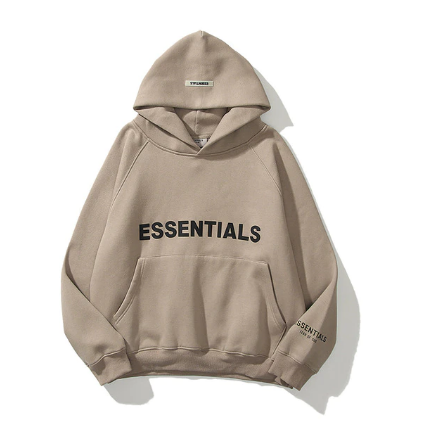In today’s hyper-connected, fast-paced world, we are surrounded by a never-ending stream of distractions, desires, and obligations. Life seems to demand more from us each day—more productivity, more success, more possessions. But in the midst of all this noise, it becomes increasingly important to pause and ask: What is truly essential? The answer to this question is not only deeply personal but also profoundly transformative. To live a life of meaning, clarity, and fulfillment, we must strip away the excess and rediscover our Essentials.
1. The Philosophy of Essentials: More Isn’t Always Better
The idea of essentials is ancient and deeply philosophical. From Stoic thinkers like Seneca to modern minimalists, the core message remains the same: that a good life isn't about accumulation but alignment. When we chase everything, we often end up with nothing of value. But when we pursue only what is essential, we gain clarity, peace, and purpose.
Essentials aren't just about material minimalism or decluttering our closets. They encompass mental clarity, emotional health, social connection, spiritual grounding, and purposeful living. They are the non-negotiables—the pillars that uphold a well-rounded, fulfilled life. To live by our essentials is to reclaim control of our time, energy, and attention.
In a world where consumer culture celebrates quantity over quality, embracing our essentials becomes a quiet rebellion. It requires courage to say no, to simplify, and to define success on our own terms. But in doing so, we find a more grounded existence—one where we live deliberately rather than reactively.
2. Essential to the Mind: Clarity, Curiosity, and Calm
The human mind is an incredible tool—capable of creating entire worlds, solving intricate problems, and interpreting abstract meaning. Yet, it’s also highly susceptible to stress, distraction, and noise. Mental health has never been more crucial than it is today, with anxiety and burnout affecting millions worldwide. What does the mind truly need to thrive?
First and foremost, clarity. Without clarity, our thoughts become muddled, our actions confused. Clarity emerges when we reduce cognitive overload—when we limit multitasking, curate our inputs (news, social media, content), and take time to process and reflect. Regular journaling, mindfulness practices, and digital detoxes are essential habits for creating mental space.
Next comes curiosity. A curious mind stays alive. It questions, explores, and seeks deeper understanding. In a world that often prizes certainty, curiosity is essential for growth. Lifelong learning, reading broadly, and staying open to new ideas keep the mind agile and fulfilled.
Lastly, calm. Mental calm is not just the absence of noise, but the presence of peace. It is cultivated through rest, nature, silence, and intentional breathing. Without calm, even the most brilliant mind will crumble under pressure. Cultivating calm allows us to make better decisions, manage emotions, and face challenges with resilience.
3. Essential to the Body: Movement, Nourishment, and Rest
Our bodies are the vessels through which we experience life. Yet, we often treat them as machines to be pushed rather than ecosystems to be nurtured. The essentials for physical well-being are remarkably simple, yet so often overlooked.
The first is movement. Our ancestors walked, hunted, climbed, and farmed. Today, many of us sit for 8–10 hours daily. Movement isn’t just about hitting the gym—it’s about incorporating physical activity into our daily rhythm. A walk after meals, stretching in the morning, taking the stairs, or dancing to your favorite song can be deeply nourishing.
Next is nourishment. Not all food is created equal, and neither are all eating habits. Essentials for nourishment include whole foods, hydration, and mindful eating. It means listening to your body rather than following every new diet trend. It also means understanding that food is more than fuel—it’s a cultural, emotional, and communal experience.
Finally, rest. Sleep is the foundation of physical and cognitive health. Without quality rest, everything else suffers—our mood, immunity, productivity, and relationships. Prioritizing consistent sleep, creating a nighttime ritual, and unplugging from screens are essential habits. Rest is not laziness; it's life maintenance.
4. Essential to the Heart: Love, Empathy, and Boundaries
Human beings are wired for connection. At our core, we long for love, belonging, and emotional intimacy. Yet in the age of hyperconnectivity, true emotional connection can feel rare. We may be surrounded by people and still feel alone. What are the emotional Essentials Hoodie that nurture the heart?
First is love—not just romantic love, but love in all its forms: friendship, family, compassion, and self-love. Love is the invisible glue of life. It gives us purpose, it heals, and it transforms. To love well, we must be present, vulnerable, and generous with our time and attention.
Then comes empathy. Empathy is the ability to see and feel through another’s perspective. It’s the foundation of all healthy relationships. When we truly listen, when we suspend judgment, and when we make space for others’ pain or joy, we create connection. Empathy fuels kindness, unity, and understanding in a divided world.
But even love and empathy require boundaries to be sustainable. Boundaries protect our energy and emotional well-being. They define what is acceptable and what isn’t, creating space for healthy interactions. Setting boundaries is not about shutting people out; it’s about honoring yourself while respecting others.
5. Essential to the Soul: Purpose, Presence, and Faith
Beyond the mind, body, and emotions lies the soul—the deep, inner compass that seeks meaning. While not everyone uses the word "soul," the longing for significance is universal. Whether expressed through spirituality, art, philosophy, or service, this essential human dimension cannot be ignored.
At the core of soul nourishment is purpose. Purpose gives direction. It’s what makes us get up in the morning and persevere through adversity. Your purpose may be raising children, creating art, solving problems, or building community. It doesn’t have to be grand—it just has to be meaningful to you.
Presence is also essential to the soul. Too often, we live in the past (regret) or the future (anxiety), missing the miracle of now. Presence allows us to savor life—to notice a loved one’s laughter, the warmth of the sun, or the smell of fresh coffee. Practicing presence means slowing down and reconnecting with the rhythm of life.
Lastly, faith—not necessarily in a religious sense, but as trust. Faith in yourself, in the process, in something larger than your ego. Whether it's God, nature, karma, or love, faith gives us strength during uncertain times. It reminds us we are not alone and that life has an unfolding wisdom of its own.
6. Essential to Relationships: Time, Trust, and Truth
Relationships are the fabric of human experience. No matter how introverted or independent we may be, we thrive when we are connected to others. But what makes a relationship truly essential?
Time is the currency of connection. Relationships require regular investment—not just in moments of crisis, but in ordinary, daily interactions. Sharing a meal, making a phone call, or simply being present without distraction are powerful acts of love.
Trust is the backbone of any lasting bond. It is built through consistency, honesty, and reliability. Without trust, relationships are fragile, filled with suspicion and fear. Trust takes time to build and seconds to break—an essential that must be guarded fiercely.
Truth, meanwhile, is what keeps relationships authentic. When we speak truthfully—about our needs, feelings, and boundaries—we create the foundation for intimacy. Truth doesn’t mean being harsh, but being real. It invites deeper understanding and mutual respect.
7. Practical Essentials: Time, Money, and Simplicity
While emotional and spiritual essentials are vital, we must also navigate the practical world. Here too, some elements prove truly foundational.
Time is the most non-renewable resource. Once spent, it cannot be reclaimed. Learning to prioritize, say no, and align our schedules with our values is essential. A full calendar is not the same as a full life.
Money, while not everything, is an essential tool for stability and freedom. Financial literacy, saving, and conscious spending are vital for reducing stress and gaining control. The goal isn’t to chase wealth blindly, but to ensure your resources support your values.
And then there is simplicity. Simplicity doesn’t mean poverty—it means clarity. It means living with only what adds value. From digital decluttering to simplifying commitments, simplicity allows space for what matters most to emerge.
8. Living an Essential Life: Conscious Choices Every Day
So how do we apply all of this in daily life? It begins with awareness. Start by asking: What truly matters to me? What adds meaning, peace, and joy to my life? What am I holding onto that I no longer need?
Begin small. You don’t need to overhaul your life overnight. Declutter a drawer. Take a walk without your phone. Say no to one unnecessary commitment. Call someone you love. Journal about your purpose. Every small act of alignment leads to greater clarity.
An Essential life is not perfect—it’s intentional. It is rooted in self-knowledge and courage. It is not about having less, but about having more of what matters. It is a quiet, persistent choosing of depth over distraction, meaning over noise.


Join our community to interact with posts!